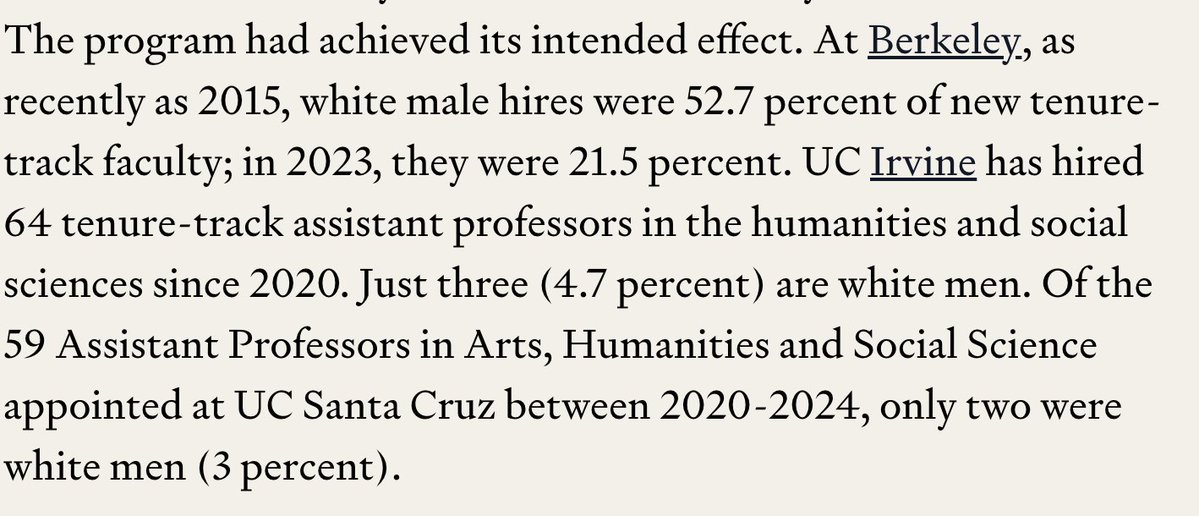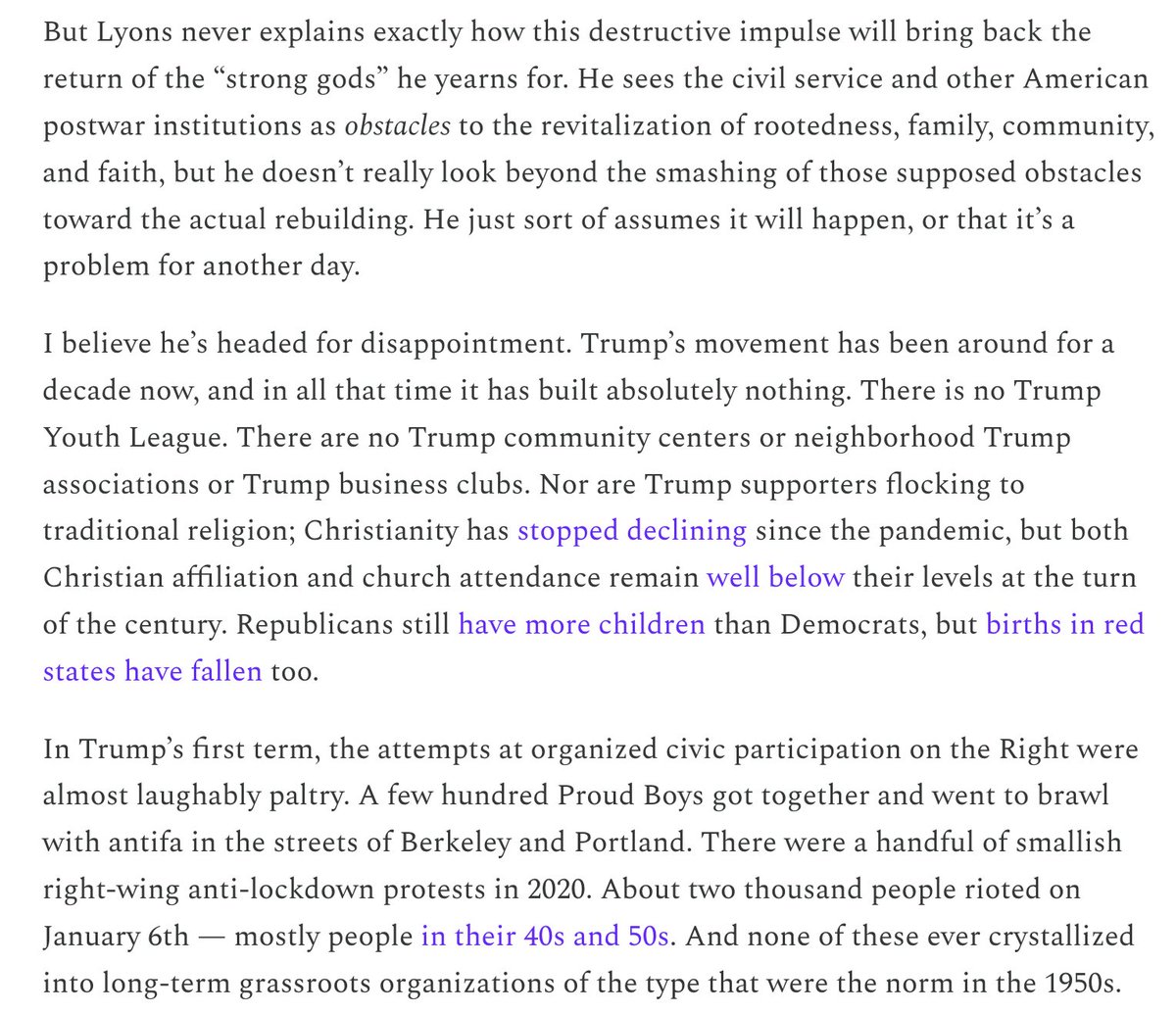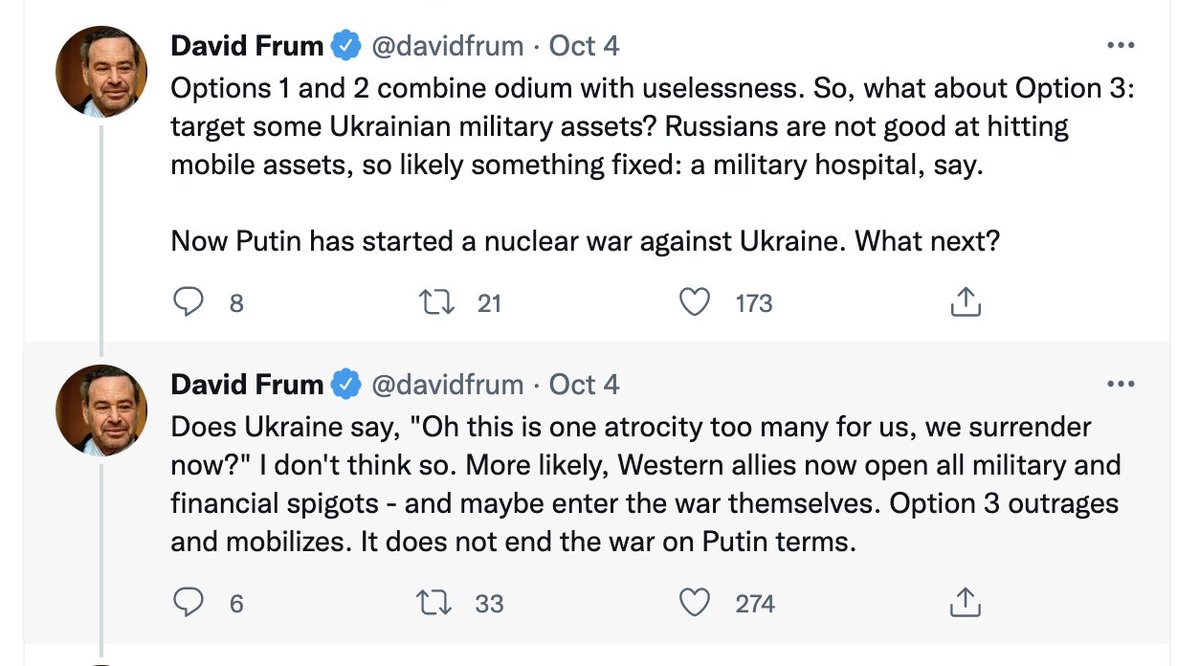
NYT columnist, author of Believe, https://t.co/knRQn31ehz, host of Interesting Times, https://t.co/lHQ9JJT1Iv
14 subscribers
How to get URL link on X (Twitter) App




 1. The idea of Trumpism as a largely virtual and performative rebellion, not a real reformation, was basically my own take on his first term; it was an attempted rebellion against decadence that felt decadent itself. The landscape of the last couple of years, though, has felt somewhat different: You could see both Trump and the pandemic as having accelerated the collapse of a prior order AND having cleared space for rebuilding. And from a conservative-leaning perspective there was some cultural and economic building going on. In education the booming classical-school movement and conservative-leaning beachheads in (red-state) higher ed. In demographics a mass movement to red states, esp. by families with kids, after Covid, and some indicators of birthrates ticking up in those states after Dobbs. In religion the end, for now, of a period of secularization and some stirrings of revival. In media the emergence of alternatives to the consolidated, woke-dominated establishment of the social-media age. In Silicon Valley/tech a partial transition from the virtual to the physical -- self-driving cars, space travel, etc., with Musk at the vanguard. Not a renaissance but (again, from a conservative perspective) green shoots. That's why I keep writing columns warning against the ways in which Trump and Musk might be squandering the moment -- because I think there really is an interesting moment here, something promising but also quite easy to let slip away.
1. The idea of Trumpism as a largely virtual and performative rebellion, not a real reformation, was basically my own take on his first term; it was an attempted rebellion against decadence that felt decadent itself. The landscape of the last couple of years, though, has felt somewhat different: You could see both Trump and the pandemic as having accelerated the collapse of a prior order AND having cleared space for rebuilding. And from a conservative-leaning perspective there was some cultural and economic building going on. In education the booming classical-school movement and conservative-leaning beachheads in (red-state) higher ed. In demographics a mass movement to red states, esp. by families with kids, after Covid, and some indicators of birthrates ticking up in those states after Dobbs. In religion the end, for now, of a period of secularization and some stirrings of revival. In media the emergence of alternatives to the consolidated, woke-dominated establishment of the social-media age. In Silicon Valley/tech a partial transition from the virtual to the physical -- self-driving cars, space travel, etc., with Musk at the vanguard. Not a renaissance but (again, from a conservative perspective) green shoots. That's why I keep writing columns warning against the ways in which Trump and Musk might be squandering the moment -- because I think there really is an interesting moment here, something promising but also quite easy to let slip away.



 I've written before about a "tech-trad" convergence, an alignment on anti-wokeness or birthrate concerns or just basic optimism about the intelligibility of the universe; I think that description makes sense when you're talking about JD Vance + Elon Musk.
I've written before about a "tech-trad" convergence, an alignment on anti-wokeness or birthrate concerns or just basic optimism about the intelligibility of the universe; I think that description makes sense when you're talking about JD Vance + Elon Musk.https://x.com/VivekGRamaswamy/status/1872312139945234507American society and youth culture have become *much* friendlier to nerds and valedictorians since the 1990s (trust me on this one), and the American educational system expects and demands more extracurriculars and math tutoring and weekend science competitions than ever before.
https://x.com/Scholars_Stage/status/1841502448122311056Indeed a big part of the challenge for Tolkien's contemporary heirs is that some of his systematizing cannot possibly be equaled - no one is likely to match the philological substrate he builds for Middle-Earth.


https://twitter.com/jonfavs/status/1591849304897228801- abortion in MI/WI where pre-Roe laws are on books, Trump wherever stop-the-steal candidates are running, etc.

https://twitter.com/MLBMetrics/status/1581527462005329921The fact that a bye week is a disadvantage in baseball, not an edge, should be obvious to a ten-year-old fan, let alone the people running the sport.

https://twitter.com/davidfrum/status/1577272516393013248Fundamentally the key point of divergence is here - one imagines a Western world responding to nuclear use with a mix of outrage and strategic sangfroid, the other imagines panic-from-below scrambling the ability of statesmen to manage the crisis:

